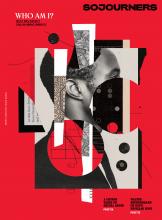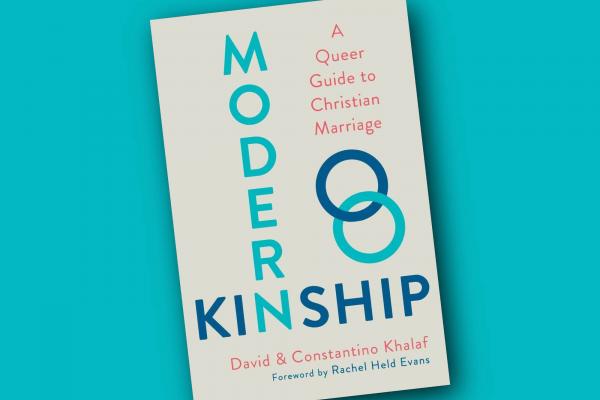THE CHURCH THAT baptized me and was my spiritual home does not provide marriage counseling to LGBTQ couples. I doubt it even allows openly LGBTQ people to join its congregation. This treatment isn’t unusual: For years, many LGBTQ people have been denied true belonging and dignity in church bodies worldwide. Their romantic partnerships have been damned by clergy and discredited by loved ones. While heterosexual couples have been given pastors’ blessings and guidance, many LGBTQ couples have been abandoned to the harshness of life’s challenges.
David and Constantino Khalaf know this struggle well and don’t want queer Christians interested in finding a partner to have to figure out the complexities of faith, marriage, and commitment on their own. That’s why they have bravely written the book Modern Kinship: A Queer Guide to Christian Marriage.
Read the Full Article

